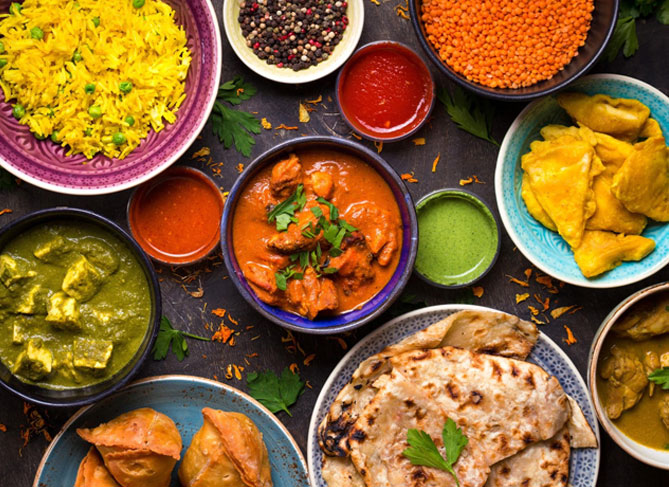What is a Food addiction?
Food addiction is a dependence on certain food items similar to drug addiction. People tend to compulsively overeat or feel hungry frequently. Food addiction isn’t recognised as a medical condition as of now but brain imaging has shown signs of an addiction.
People with food addictions generally look for foods that are high in carbohydrates, sugar, fats or salty.
Getting hungry for taking out now and then or craving fatty foods isn’t necessarily a food addiction. It is a normal body reaction to crave certain foods based on your mood. A food addiction crosses the line of healthy cravings and is an overwhelming urge to consume large amounts of foods.
Signs of a food addiction
Frequently craving unhealthy/junk foods while fully aware of the side effects and harmful effects of such a diet.
Having no control over the amount you eat. Eating a full cake instead of a piece, not recognising when your body is full and overeating to excess.
Correlating food with comfort or happiness and eating large amounts when inconvenienced.
An unhealthy relationship with food. A pattern of overeating and self-hate that spirals out of control. Feeling guilty yet eating the same foods again and again.
Feeling ashamed or self-conscious. Hiding your eating habits from others. Developing a strained relationship with your body, body image issues and feelings of self-hate and disgust.
Food addiction is unhealthy on various levels. Not only does it show a mental imbalance that leads to a harmful relationship with food, but it also has physical effects on the body like obesity or a higher chance of type 2 diabetes. It can cause weight gains that will hit your self-esteem. Obesity also leads to more health problems like cardiovascular problems, diabetes, breathing problems. Food addictions negatively affect your mental health they increase mental health problems with a false sense of comfort.
Effects of food addiction on your brain
The symptoms of food addiction are similar to that of a drug addiction although it is slightly better and less of a social problem than drug abuse. Our brains relate fatty foods with treats or special foods which leads to the release of dopamine, a neurotransmitter that makes you feel happier. Studies show an increase in dopamine release in food addicts upon eating junk foods. Scientists believe dopamine release is the major reason behind food addictions. People often turn to comfort foods or junk foods when upsetting situations occur in life which creates an unhealthy relationship with food. There’s no way of telling when this harmless act of self-indulgence can turn into an unhealthy addiction.
How to treat yourself of a food addiction at home
As no medication or therapy is available specifically for food addictions, here are some steps you can take to help yourself
Acknowledge you have a problem. Sometimes people live in denial which enhances unhealthy behaviours accepting that you have a problem is the first step towards coming out of it.
Make a list of foods you eat most often during this period. Call these your trigger foods and make a habit of avoiding them.
Cutting trigger foods completely out of your life is the best way possible. It eliminates ideas like “I’ll just have a bite”, “it’s my cheat day” etc. Firmly avoid such foods and you’ll find the craving going away soon.
Incorporate healthier foods into your diet. Look for healthy and tasty recipes online to make something that satisfies your taste buds and isn’t harmful either.
Food addiction is not recognised by society as a real problem. Don’t suffer alone or continue with the harmful cycle. Don’t force yourself too much all at once.




